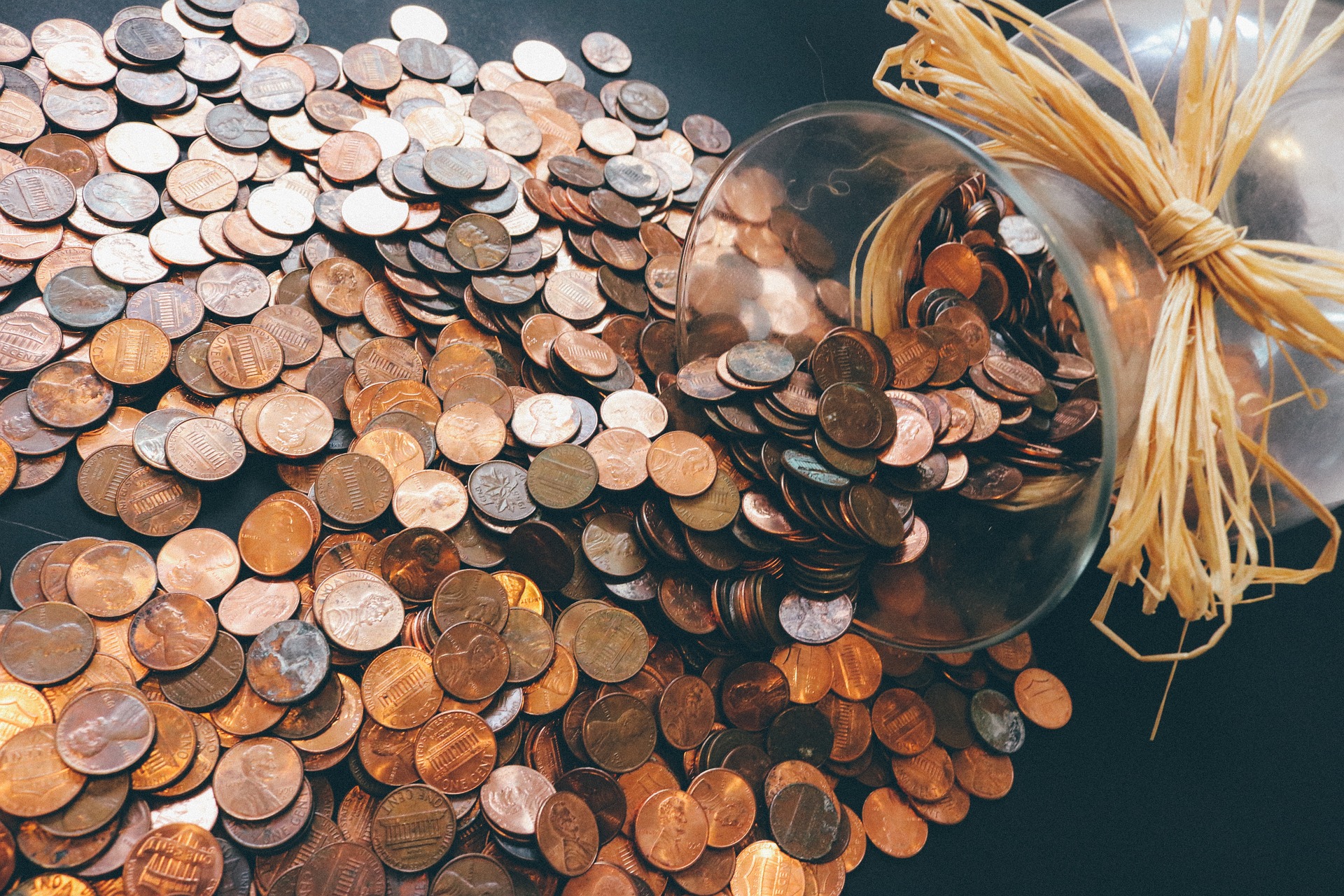
Even if you’ve never heard of “junk fees,” chances are you’ve been charged them when you least expected it.
Have you ever been shocked to see a sudden overdraft fee appear in your bank account when you had enough money to cover a debit? Or get slammed with a surprise hospital bill from an out-of-network provider?
Perhaps an excessive “service fee’ for that concert ticket you wanted so badly?
They are known as “junk fees,” also called nuisance fees, and they can make your customer experience miserable because they raise your costs, your frustration level, and perhaps even your blood pressure. That’s not exactly how you want to experience your relationship with a company or brand.
Now, the Biden administration is cracking down on junk fees, with the Consumer Financial Protection Bureau (CFPB) targeting overdraft and other bank fees and other federal agencies looking at reducing fees across industries ranging from event ticketing to hotels and funeral homes.
The fees “benefit big corporations. Not consumers. Not working families. And that changes now,” President Biden said recently.
The federal activity has brought to the forefront an issue that has been a customer experience irritant for years. And companies need to do better.
Customers and companies are engaged in a relationship, ideally a long-term one, and if businesses start that interaction by trying to force their customers to pay hidden fees, it does not bode well for the future.
It might work for one transaction and will definitely yield an extra buck or two – or 30. But it’s not a way to build a relationship in which the customer returns for more.
It isn’t, however, just the practice of raising prices. It’s more nefarious; the idea is to hide the fees so the price actually looks smaller. Basically, it’s putting the almighty dollar ahead of the all-important relationship with your customer.
Related: Amazon Increases Price of Prime Membership: Should You Care?
What are Junk Fees?
In its recent surge of activity on junk fees, the Biden administration defined them as “fees designed either to confuse or deceive consumers or to take advantage of lock-in or other forms of situational market power.”
The Federal Trade Commission, meanwhile, defines them as “unfair or deceptive fees that are charged for goods or services that have little or no added value to the consumer, including goods or services that consumers would reasonably assume to be included within the overall advertised price.”
One legal website, which prefers the term nuisance fees, is more narrow and blunt: “Nuisance fees are the money charged by some banks or credit card companies to increase their profits.”
The White House announcement cited academic research and federal agency experience, noting that these fees can manifest in different forms:
- Mandatory fees that can hide the full price, such as sellers advertising a “low price” but adding fees at the back end of the purchasing process or when the customer tries to end the service.
- Unexpected fees that customers only learn about after a purchase, such as those hospital bills from out-of-network doctors or airline “family seating fees.”
- Exploitative or predatory fees that far exceed the cost of the service itself and can target economically vulnerable people. The excessive bank overdraft fees that have drawn so much attention are a good example.
- Blatantly fraudulent fees, such as advertising a “no fee” bank account that does carry a fee.
As far back as 2011, The New York Times was declaring that consumers were at the “end of our rope” over such fees, and the federal government says they have proliferated in recent years.
Related: Help! The ATM Took My Money And I Don’t Know What To Do
Why are Junk Fees Bad for Customer Experience?
In a word, money. You pay more, many millions more collectively, with studies showing the fees can artificially inflate total prices. That money winds up in the pockets of companies.
Junk fees account for billions of dollars in revenue across all sorts of industries, including transportation, banking, internet and hospitality. Credit card late payment fees bring in $12 billion yearly alone, according to the White House.
Also highly troublesome: research shows that junk fees most often target low-income households and people of color.
What is the Government Doing It?
The CFPB is the prime mover at the moment and recently issued guidance that two junk fee practices – surprise bank overdraft fees and indiscriminate deposit fees charged to anyone who bounces a check – are unfair and likely unlawful.
President Biden has called on all federal agencies to focus on reducing or eliminating hidden fees and charges on cable and internet bills and airline and concert tickets. Some in Congress are targeting junk fees as well, especially bank overdraft fees.
Perhaps in response, some financial institutions have recently begun dropping the fees in an effort to win over new customers. That is at least progress, but far more is needed to drastically reduce a short-sighted practice that is purely about making a buck today – at the expense of annoying customers who won’t be back tomorrow.
Further Reading: What Happens In Vegas… 3 Examples Of Excessive Pricing That Leave Customers Dissatisfied
Image by Olya Adamovich from Pixabay.
